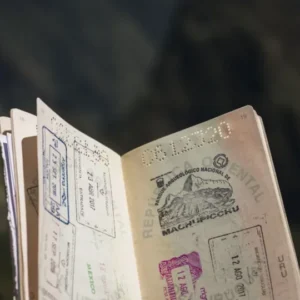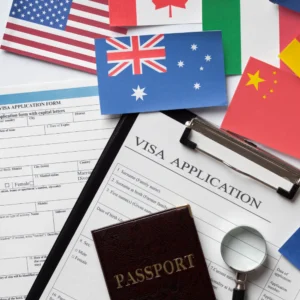CARER VISA (SUBCLASS 116) AND FACTORS FOR CONSIDERATION
The Carer Visa (Subclass 116) offers a pathway for individuals in Australia to bring a carer from overseas to provide substantial and long-term care for someone with special needs. This visa is particularly beneficial when no suitable care is available in Australia.










